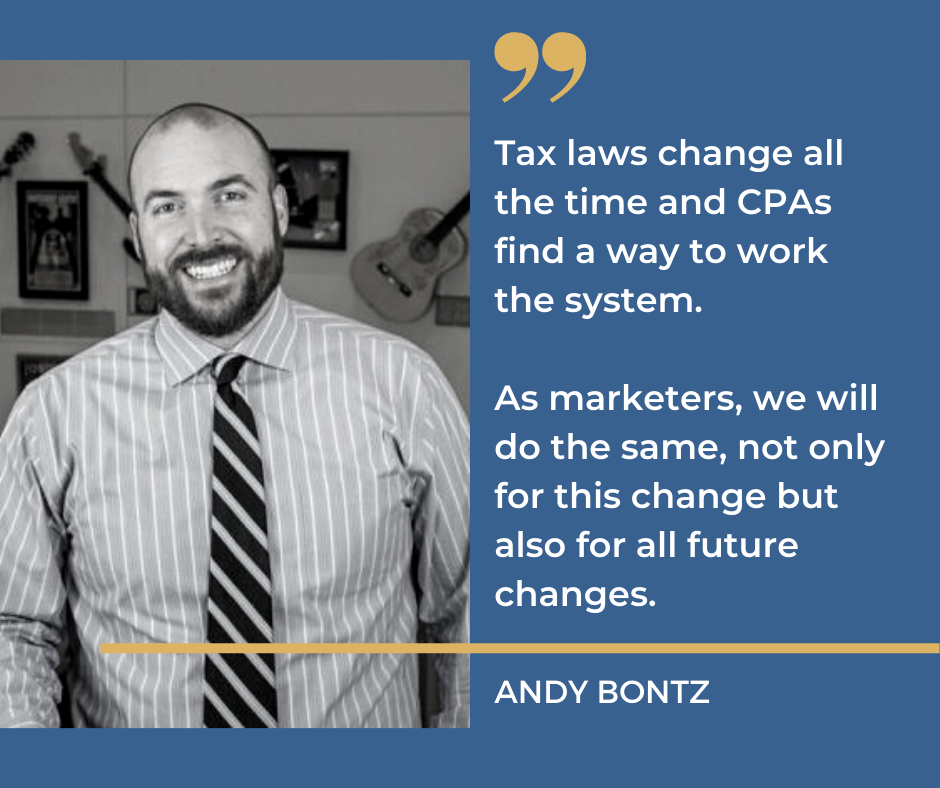
Protect Privacy in Advertising: Death of the Data Cookie
Are you confused about the so-called “death of the cookie”? Or the impact of Apple’s recent privacy changes in their iOS14 update? If so, you are not alone.
How will these changes impact your advertising?
Read on to see how Mid-West Family Madison is preparing for these changes and providing useful insight. Learn what can replace a cookie to protect privacy data, while allowing targeted advertising in a compliant way.
Let’s take a step back…
What is a cookie?
A cookie is a text file or “marker” that an internet browser tags you with to gather information about where you’ve been. Originally, first-party cookies were built to offer convenience for users as they logged into platforms. If you logged into an account and a cookie was placed, you don’t have to login again if you became distracted and started surfing memes instead of completing a purchase.
As a business owner, first-party cookies help you learn what a user does while visiting your website and other analytics. Then, you can build a marketing strategy around those analytics.

There is no current threat to first-party cookies.
Third-party cookies, however, are crumbling. Third-party cookies are placed across thousands of websites to gather data about users and generate insights on their behavior (ie: what they’re looking at and what they’re searching for). These cookies are used by large data companies (Facebook, Google, etc) in a number of ways such as remarketing, but let’s focus on what it means to you as a business owner. They take all the data and sort and segment people based on their behaviors and general demographics. Cookies allow advertisers to target people based on the data they have collected.
Both Safari and Firefox have already killed the third-party cookie, but Chrome is following suit in 2021. For context, Chrome owns 63%+ browser market share worldwide, with Safari second at 19%.
What’s the deal with Apple and iOS 14?
Apple announced that as part of the iOS 14 update launched April 26, 2021, it will be giving users the choice to block IDFAs (Identifier for Advertisers) at the app level. This means apps are now required to ask for users’ permission to collect and share data upon download.Previously, tracking was allowed by default but could be switched off in the settings.
After this change, it’s estimated iOS users opting-in to share their data will drop from 70% to 10% to 15%.
Apple said, “Privacy is a fundamental human right and at the core of everything we do. That’s why with iOS 14, we’re giving you more control over the data you share and more transparency into how it’s used.”
What is an IDFA?
IDFA (Identifier for Advertisers) is a unique identifier for mobile devices and is used to target and measure the effectiveness of advertising on a user level across mobile devices.
IDFAs are to mobile applications, as cookies are to web browsers. —
Here at Mid-West Family Madison we took creative steps in anticipation of this change. With our proprietary technology and large databases of first-party data, we are ahead of the curve and here to help you.
Below, we cover everything YOU need to know including what we are doing and our expert recommendations for the future.
How will this affect advertisers?
As people opt out, advertisers will know less about their audience and their online behavior. So, it could cost you more to reach your ideal audience because third-party advertisers know less about them.
In our Targeted Digital Advertising, we deliver targeted advertising on a three-legged stool of demographic, behavioral, and location data. We do not rely on solely third-party cookies to remarket which saves you money on your spend! This is why we are passionate about contextual targeting and beefing up your content marketing.
How can business owners use these changes to get ahead?
Get a jump on your competition by building your database of first-party email addresses and nurturing those relationships. Collecting and managing first-party data is crucial.
With these privacy changes, people will still see ads. However, if they opt out, the ads they see may not be personalized or relevant. It’s your job to use contextual targeting here to grow your new audience (ie: serve ads to people researching related content to your brand or offer).
Our recommendations:
- Create valuable content and resources that your potential customers will exchange their information (email or phone #) for.
- Examples include: lead magnet downloads, newsletter signups, virtual events, etc.
- Then, promote that content everywhere!
- Keep the emphasis on strong creative messaging
- Focus on growing list quality, not just quantity
- Build lookalike audiences from current successful targeting
- Focus on keyword targeting
- Focus on contextual targeting – what does your ideal customer avatar look like? What are they reading and researching?
- Shameless plug for CONTENT MARKETING
Andy Bontz, our Marketing Director, summarized these changes for business owners, “Tax laws change all the time and CPAs find a way to work the system. As marketers, we will do the same, not only for this change but also for all future changes.”
For more information on data trends, check out our Wicked Smart Webinar, “Blending Data and Marketing: Trends and Tactics Every Small Business Needs to Know Now.”

- Social Media Nightmares
- Chasing A Branded BBQ Legend
- So You’re Telling Me There’s A Chance!
- What the Influencers Said
- How to Delight Your Customers



